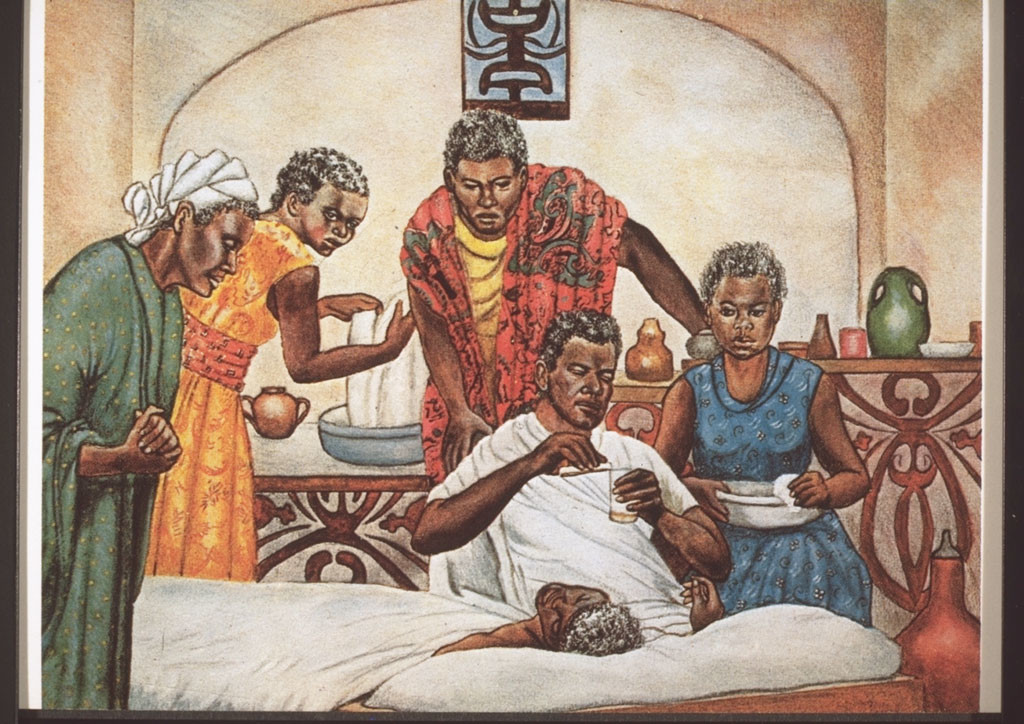
In a revelation that reshapes historical narratives, the ancient African societies have emerged as pioneers in the domains of science and mathematics. Highlighting their advancements, scholars in Timbuktu, Mali, have garnered attention for their profound contributions across various disciplines during the Middle Ages.
The scholarly hub of Timbuktu served as a beacon of knowledge and innovation, where experts excelled in astronomy, mathematics, medicine, and literature, fostering an intellectual renaissance that reverberated far beyond the continent.
Of notable acclaim are the strides made in astronomy, with scholars meticulously charting celestial movements, predicting lunar phases, and cataloging stars. Their sophisticated understanding of astronomy greatly influenced navigational techniques and contributed significantly to the field’s development globally.
Moreover, mathematical accomplishments from this era demonstrate a profound grasp of numerical systems, geometry, and algebra. The ancient scholars in Timbuktu made remarkable advancements in calculating techniques, which laid foundations for complex mathematical concepts that remain relevant to this day.
In the realm of medicine, these societies showcased a rich understanding of herbal remedies, surgical procedures, and holistic healthcare practices. Their expertise in medicinal plants and treatment methodologies transcended borders, shaping early medical knowledge and practices worldwide.
Literature thrived as well, with scholars preserving and creating literary works that became pivotal in shaping cultural identities and oral traditions. Timbuktu emerged as a center for literary excellence, contributing significantly to the preservation and evolution of storytelling, folklore, and written texts.
This reevaluation of the scientific and mathematical prowess of ancient African societies, particularly in Timbuktu, underscores a critical shift in acknowledging their substantial contributions to human knowledge and intellectual progress. Such revelations challenge historical biases and call for a reexamination of Africa’s integral role in shaping global intellectual heritage.
These advancements from Timbuktu, often overlooked or underrepresented in mainstream historical narratives, prompt a renaissance of appreciation for the intellectual legacies of ancient African societies. Scholars and historians now embark on further studies, seeking to unveil more of these hidden treasures that continue to enrich and diversify the annals of human achievement.
